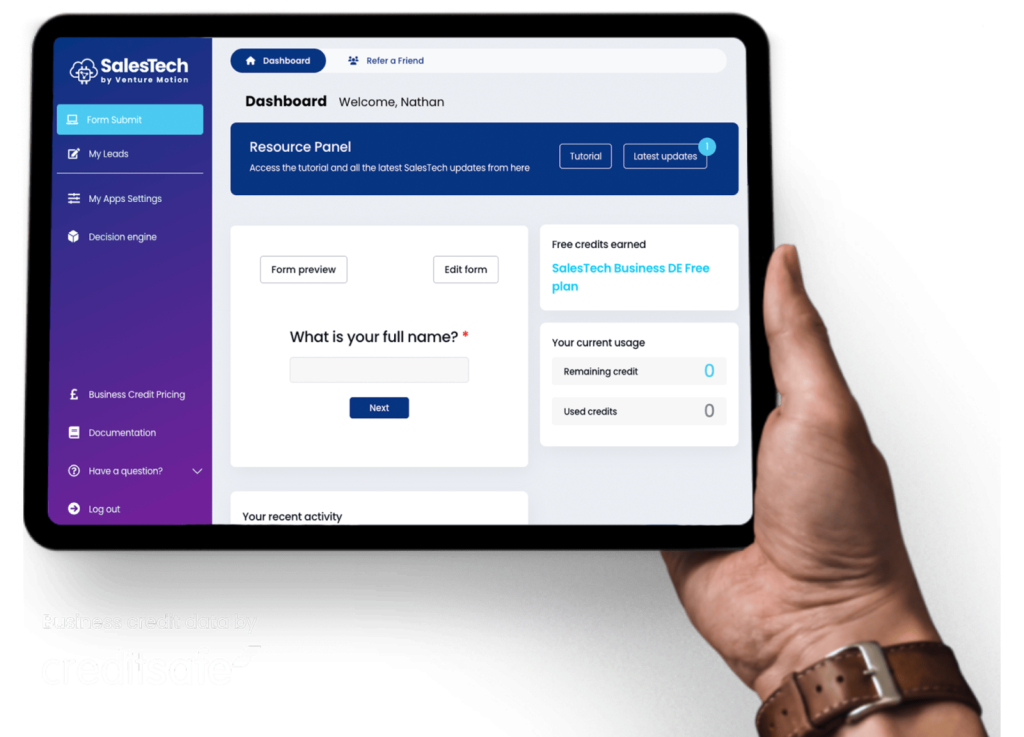COVID-19 has had an unprecedented impact on society at the start of 2020. Now, with the government’s call to implement as much social distancing and self-isolation as possible, more people than ever have begun working from home.
Some businesses have excelled during this time of self-isolation and social distancing, shifting to a fully cloud-based business model and allowing employees to work from home. Despite this, COVID-19 has alo highlighted issues in some companies where it has highlighted areas in which businesses suffer due to a lack of full online integration.
Online business is now, not the future
Some companies have avoided online integration as much as possible, despite a web presence being almost essential for over a decade. Aside from the very smallest independent high street retailers, a web presence is almost always required.
More and more people are doing their shopping entirely online, so it should go without saying that every retailer needs to have an ecommerce website. No matter what you are selling, if it’s possible to ship it to customers, it needs to be available online.
In 2020, not having an ecommerce component to your business will ensure that your business is overlooked dramatically. If you’ve never dipped your feet into the ecommerce world, it can be daunting, but there are plenty of consultation services available to ensure that you can build the online wing of your business with ease.
Cloud-based workspaces are becoming essential
Some of the earliest advice the government provided to workers in the UK regarding the COVID-19 outbreak was that, where possible, people should work from home. Unfortunately, many businesses were not able to offer this to their employees.
Alongside these businesses were companies that did allow their employees to work from home, but whose productivity took a major hit as a result. Despite allowing employees to work from home, many companies did not have the provisions in place to ensure that the transition from office to home was seamless. This meant that employees were unable to do their job as well as they usually can.
This highlights a need for full cloud integration into as many companies as possible. Ensuring staff are able to perform all tasks online means that, in situations where employees are working from home, business can continue as usual. Not only will this lead to a happier workforce – as more and more people are throwing themselves behind flexible working – but it means that in times of crisis where people are forced to work from home, that your business can get by with relative ease.
SEO is the long-term digital marketing solution
Social distancing and self-isolation during the COVID-19 pandemic has had an impact businesses can feel not only in the office, but also from their marketing efforts. When a business is forced into a situation where marketing cuts need to happen, the obvious targets are expensive adwords and display campaigns – but what about SEO?
Search engine optimisation has always been a long-term process, and companies who have invested in SEO are continuing to reap the rewards of their investment even when budget cuts are made elsewhere. Most SEO relies on technical amends to the website that will remain active whether or not continuous investment is made into the search marketing. While organic traffic may take a hit during a crisis, the output of an SEO team – who can almost always work remotely – will remain high.
Adaptable, affordable and able to remain active through almost anything. The SEO industry has proven itself to be capable of riding out a crisis and continuing to have a positive impact on client businesses.
If you need help getting your business online or cloud-optimised, or if you need some long-term technical search optimisation, get in touch with us today. We can offer you a free consultation to discuss how to optimise all facets of your website for the future.




